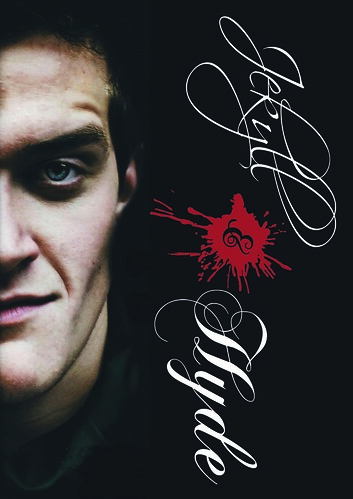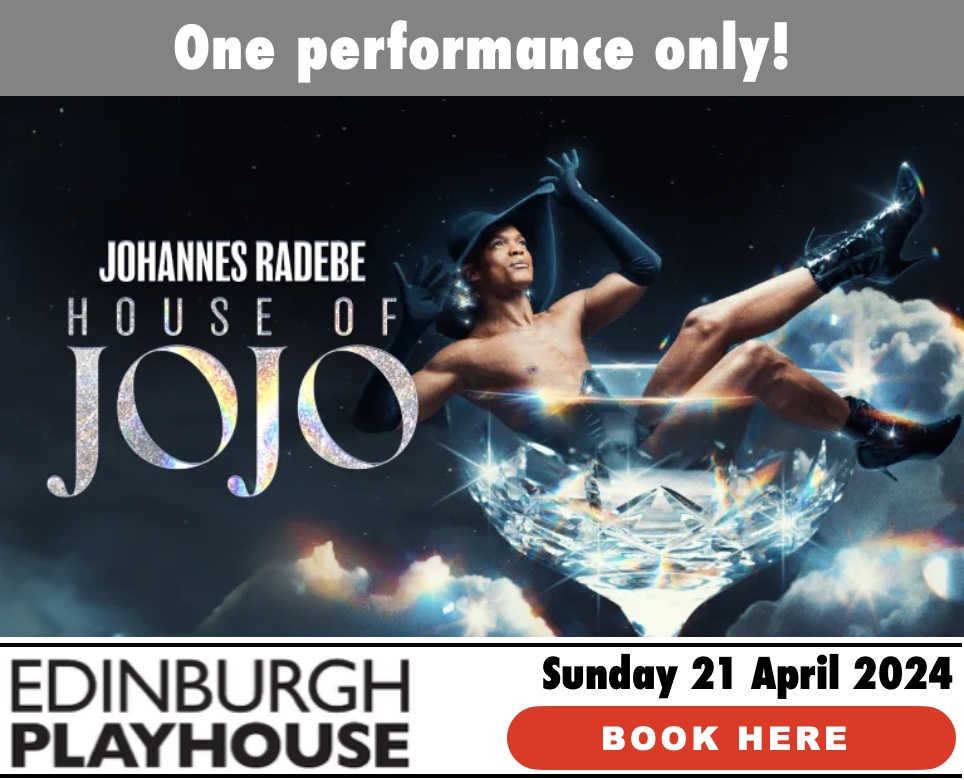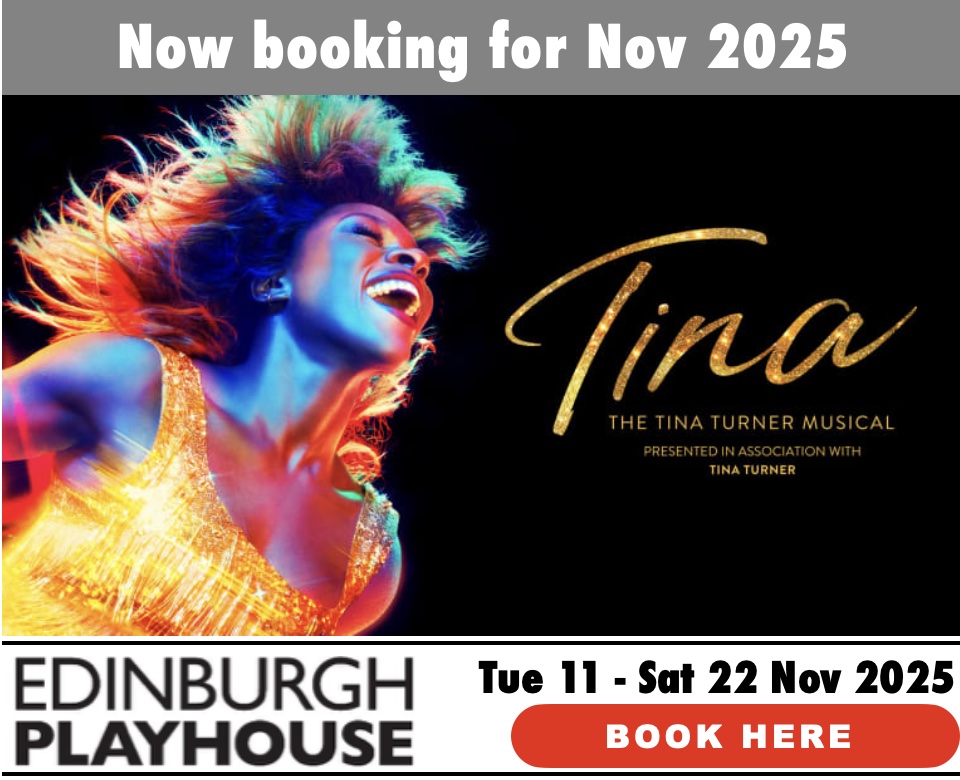Æ Musical Review – Jekyll And Hyde
★★★☆☆
Teviot Row House
By Thom Dibdin
Playing hard on the duality which lies at the heart of Robert Louis Stevenson’s original novella, Edinburgh University Savoy Opera Group succeed in uncovering something rather more subtle in this raw new production of the 1990s adaptation to a stage musical.
The duality is Hamish Colville’s as the Doctor Jekyll -a rather arrogant sort who believes that he can save humanity with a potion that will separate the good and evil natures of all who drink it. When the even more arrogant – and more to the point oikishly hypocritical – governors of the hospital where he works forbid him from trying it on the patients, he quaffs a drop himself.
Of course it simply brings out his inner demons, the ones which enjoy being evil for the sake of it, and the musical plays with the fact. As Jekyll, he is an upright Victorian, packed to the brim with protestant work ethic who wants to marry his bosses beautiful daughter Emma. As Hyde, he stomps around in a hat, murdering all who have stood in his path and spending his nights physically abusing the prostitute Lucy, befriended by his rather more mannered self.
Colville makes a good fist of the role. He looks the part and, while the differentiation between the two characters is not initially made clear, when it comes to the crunch moment there is no doubting the on-stage transformation between them. He also has a big voice and a nicely rounded tone – although he is not as smooth in using his vocal equipment as the music warrants.
The really interesting aspects to the musical lie with Jekyll’s fiancé Emma Carew and the prostitute Lucy Harris, largely because it is they who get all the decent tunes.
Both Kate Lister as Emma and Rebecca Clark as Lucy, have the vocal abilities to make light work of their numbers. Clark lacks the throaty raunch that could make her opening number, Bring On The Men, a total success, but she has the control and ability to give a tension and clarity to the quiet, intimate moments. Their duet, In His Eyes is, as it should be, something of a highlight of the show.
In a production with only minimal dressing of the set’s basic structure, and no special effects to speak of, the focus on the main characters is increased. No more so than in the scene where Jekyll and Lucy first meet in the downmarket pub where she plies her trade.
It is a surprisingly coy rendition of the scene: neither Hogarthian gin palace, nor late-twentieth century fantasy of stockings and lace. The loss is to the sexual tension of the whole number – and it means that one of the musical’s big set pieces is played down.
The gain, however, is to the relationship between Jekyll and Lucy. It makes her later number: Sympathy, Tenderness, a lot more understandable. Indeed, Lucy’s belief that Jekyll’s love could save her becomes a theme of the whole production. Now, the real duality is between Jekyll’s belief that evil can be cut out and excluded, and the belief held by both Lucy and Emma, that evil can be overcome by nurturing the good in a person.
If there is plenty to think about, and there are strong musical performances throughout, it is a production which is not without its faults. In the big numbers, the disparity in the abilities of the company is too obvious when, instead of acting like a chorus, they perform as individuals.
Under the Musical Direction of Richard Robinson, the band give a suitably orchestral, rather than rock, account of the music. The softer passages do need a lot more control, however. Particularly from the brass section.
Director Duncan Yellowlees has brought out good performances from individuals. But once again, it is as an ensemble that the failings lie, with a lot more attention needed for the prosaic details of marshalling the chorus round the very tight playing areas of the multilevelled stage.
Run continues to Friday
ENDS


















